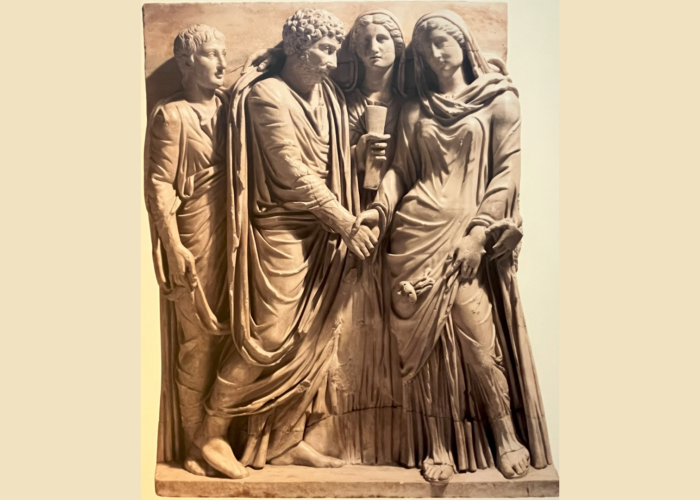As a pastor and a student of the New Testament I believe there are few matters more important than the mission of God in the world. My forthcoming book, the working title of which is Salvific Intentionality in 1 Corinthians: How Paul Nurtures the Missional Imagination of the Corinthian Community, is being published by Wipf & Stock. This is my contribution to a long-standing debate, in Pauline and missional studies, regarding the apparent absence of a missionary mandate for the churches of the New Testament—what I have called, “The Great Omission.”
I have chosen 1 Corinthians for two reasons. First, I find myself fascinated by both the diversity and specificity of issues within it. Perhaps uniquely among the letters of the New Testament it is more possible, and necessary, to probe at the underlying circumstances which occasion Paul’s writing. Such opportunities, I will argue, provide us with unique observations of a missiology in action. Secondly, I felt that what was missing from the relevant literature was a sustained study of the missionary character of this letter. Such an investigation lends itself to delving beyond Paul’s stated missional expectations and considering the perspective of the living community to whom the text is written—how Paul’s instructions nurtured their missional imagination in the reality of first-century life in Corinth. To this end, within each chapter is an invitation to “hear” along with those first readers how Paul’s missional expectations may have been received and put into practice. How did, for example, a Christian wife convey a salvific influence upon her unbelieving husband and children? How did unbelievers come to be so readily present in the early Christian gatherings of Corinth? And how did the themes of temple and glory nurture in them a more confident missional identity?
These questions, and others like them, are important. My intention is not simply to contribute to an academic debate but to observe, through Paul’s letter, the mission of God being worked out in ancient Corinth. Along the way I offer some new lines of enquiry for certain texts, the interpretations of which, have for some time remained in a state of scholarly stalemate. But these technical discussions give way to what I hope is a larger goal: to offer a missiology from below and in action, in all its Corinthian complexity.
Could such an approach inform a robust missional identity for us today? As Christianity continues its sharp decline in the West, perhaps there is something we can learn from the way in which Paul addresses the Corinthian community. These first Christians were a tiny minority in a large city in which pagan idolatry was ubiquitous. Moreover, they themselves were plagued by internal strife and were hardly ready evangelists equipped to take the gospel to their city. Notwithstanding, Paul invited them to embrace a missional identity from which they were to act for the salvific interests of others in a complex socio-religious environment. As the contemporary church searches for a new self-understanding in an increasingly secular and pluralistic context, the missiological vision of this first century letter may be just what we need. While primarily an academic contribution, I also wrote this book as a pastor. My hope is that practitioners will also be encouraged—both professional ministers and interested lay leaders—and that our own missiological imagination would be nurtured for our time and context.
When will the book be in print? Hopefully by the end of 2023. Will this be my one and only book? Stay tuned.
The feature image of the Temple of Apollo (Archeological Museum of Ancient Corinth) is available via the Creative Commons — Attribution 2.0 Generic — CC BY 2.0 license.



